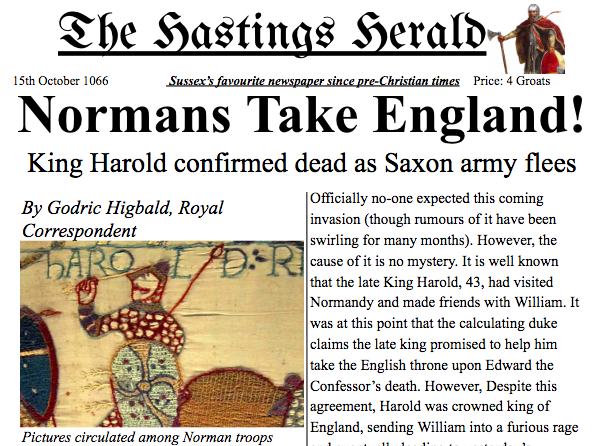Mr Lander's Primary Planning
I am an Assistant Headteacher at an outstanding North London primary school. Throughout all my teaching career, I have strongly believed that we make the best learning happen when we inspire pupils. The resources I publish are therefore intended to do exactly that and to offer a challenging and engaging learning experience to pupils of all abilities. I hope you will find something here that inspires you!




















